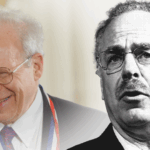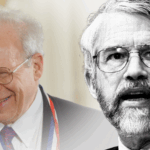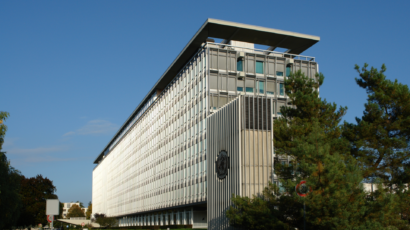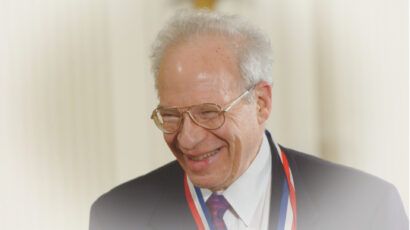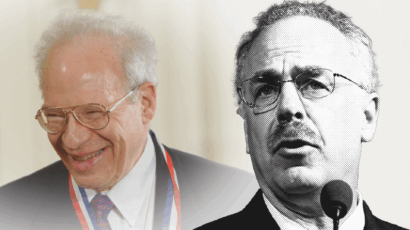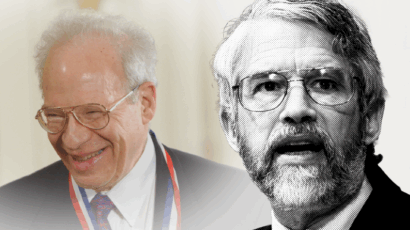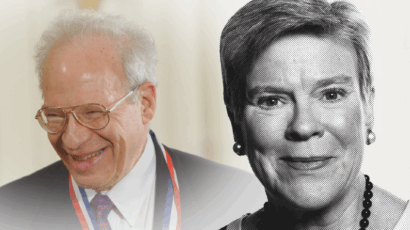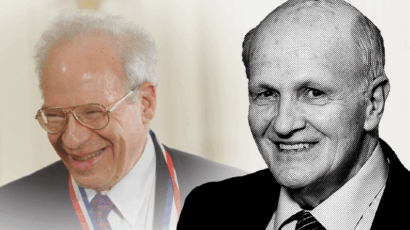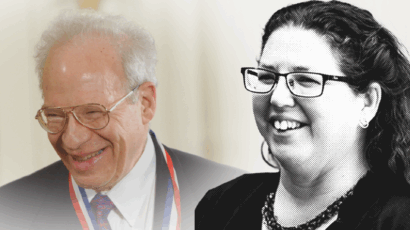A majority of Iranians now favor possessing nuclear weapons. Their leaders take note.
By Peyman Asadzade | June 13, 2024
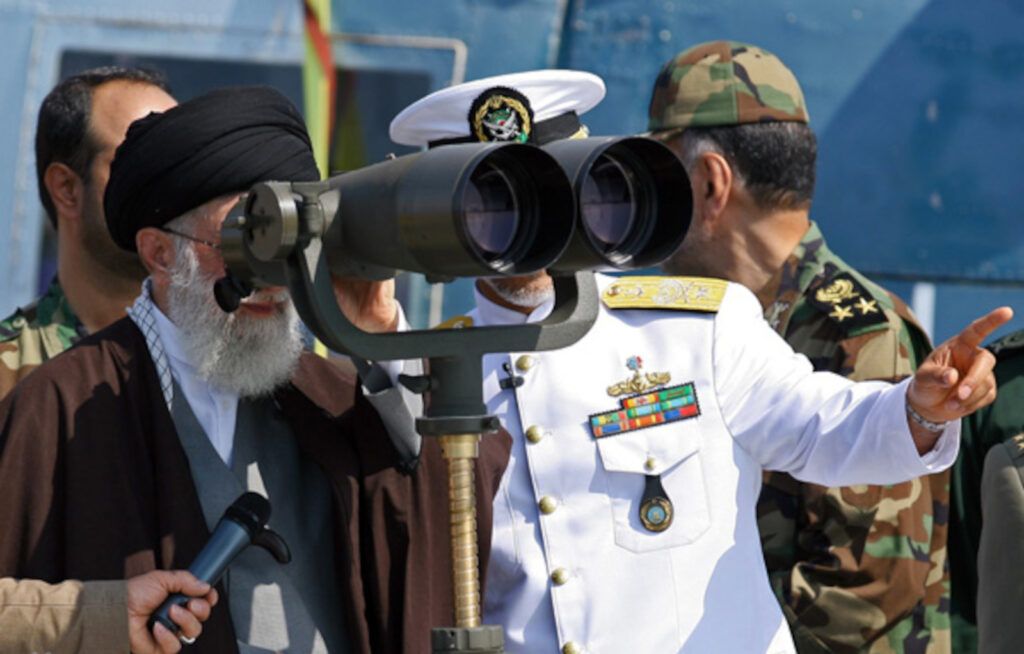 Iran's Supreme Leader Ayatollah Ali Khamenei during a commissioning ceremony in 2010. (Credit: Khamenei.ir, via Wikimedia Commons CC BY 4.0)
Iran's Supreme Leader Ayatollah Ali Khamenei during a commissioning ceremony in 2010. (Credit: Khamenei.ir, via Wikimedia Commons CC BY 4.0)
Iran is currently in a state of nuclear latency; it possesses the necessary materials to develop nuclear weapons should it decide to proceed. However, Iranian leaders have consistently stated that the country has no such intentions. Historically, public opinion polls since the mid-2000s have consistently demonstrated that while Iranians favored a peaceful nuclear program, a majority of them opposed developing nuclear weapons.
A recent survey, however, suggests that Iranian citizens are growing more receptive to nuclear weapons.
The survey, conducted between February 20 and May 26, was designed and carried out by the author in collaboration with the Toronto-based company, IranPoll. It used an online panel of 2,280 Iranian citizens that closely reflects the demographic structure of the national population, with targeted quotas across region, age, income, and gender.
The survey included two questions about Iran’s nuclear program. First, to what extent participants agreed or disagreed with the statement that “Iran should be able to use nuclear energy for peaceful purposes,” to which they were provided with four options: “strongly agree,” “somewhat agree,” “somewhat disagree,” and “strongly disagree.” An overwhelming majority of respondents (92 percent) either strongly or somewhat agreed with the statement, aligning with previous surveys about support for Iran’s civilian nuclear program—87 percent agreed with this statement in a 2011 survey, and a similar number (90 percent) agreed in 2020.
Respondents were then asked to what extent they agreed or disagreed with the statement that “Iran should possess nuclear weapons” and were given the same response options. Over 69 percent of them responded they support Iran pursuing nuclear weapons. This marks a departure from earlier opinion polls in which most Iranians consistently rejected the weaponization of the country’s nuclear program. It also stands in stark contrast to the stance of Iran’s elite, including the Supreme Leader Ayatollah Ali Khamenei’s fatwa (a legal ruling on a point of Islamic law) against the development and use of nuclear weapons.
This shift in the opinion of Iranians vis-à-vis nuclear weapons cannot be entirely divorced from recent events in the Iran-Israel conflict, which included an Israeli air strike of an Iranian consulate in Syria on April 1 and direct Iranian drone and missile strikes against Israel in response on April 13. However, while the survey results suggest some influence from these events, the impact seems limited: Average support for nuclear weapons already stood at 67 percent prior to the April 1 attack and increased to 71 percent after the attack—a moderate increase of four percentage points. However, a more significant shift emerged from the survey when focusing on the stronger opinions. The percentage of respondents who “strongly agree” with the possession of nuclear weapons increased from 40 percent before April 1 to 48 percent afterward. (In contrast, those who “somewhat agree” decreased from 27 percent to 23 percent, before and after April 1, respectively.) This suggests a potential hardening of attitudes among a key segment of the Iranian population because of the recent military confrontations.
The findings align with a growing debate within Iranian civil society, particularly among academics, journalists, and activists, who are increasingly vocal in advocating for the weaponization of the nuclear program. This trend in the support of nuclear weapons is particularly visible on platforms like social media and in publications outside government control, suggesting a bottom-up push for reconsidering Iran’s nuclear strategy.
The genesis of the notion that Iran should acquire nuclear weapons predominantly stem from the failure of the 2015 nuclear deal, known officially as the Joint Comprehensive Plan of Action (JCPOA). The disillusionment following the US withdrawal in 2018 from the JCPOA and the subsequent new round of sanctions that followed have led the Iranians to a rethink, even among those who formerly supported the nuclear deal—whose purpose was to effectively constraint Iran’s nuclear program. A growing number of voices within Iran are challenging the wisdom of bearing the brunt of economic sanctions without the strategic advantage of possessing nuclear weapons. Moreover, the increasing dissatisfaction with the nuclear energy program’s minimal benefits is leading more Iranians to question the logic of developing such a program without the leverage of nuclear arms. In 2022, an Iranian lawmaker and professor of political science remarked, “it is simply illogical for [Iranians] to endure maximum pressure policies while [their] nuclear capabilities can’t even produce electricity… Iran must either move toward building weapons or toward reviving the JCPOA.” Sentiment is coalescing in Iranian society around the view that it is better to face sanctions with a nuclear deterrent than without.
The deteriorating regional security landscape and increasing discussions in state media on nuclear weapons may also have bolstered a pro-nuclear stance, with the focus on Iran’s potential nuclear weapons acquisition becoming increasingly prominent. In recent months, moderators in two separate national TV programs posed pointed questions about the weaponization of the country’s nuclear program to Ali-Akbar Salehi and Mohammad Eslami, the former and current head of Iran’s Atomic Energy Organization, respectively. In one segment, the host asked: “Now that the Zionist regime is armed with nuclear weapons and its Prime Minister is directly threatening the Islamic Republic, hasn’t the time come for Iran to also have nuclear weapons or at least conduct a nuclear test?” (The current head, Eslami, responded negatively, emphasizing that weapons of mass destruction do not align with Iran’s defense doctrine.) In another interview, Salehi, the former head and former foreign minister, was queried on Iran’s capability to produce nuclear weapons. These discussions, widely shared and debated in online media, might have also played a role in shaping public opinion toward nuclear armament.
Public support for nuclear weaponization starkly contrasts with Iran’s official nuclear policy, which strongly rejects the development and use of weapons of mass destruction. In recent months, Iran’s Supreme Leader Khamenei—as well as various senior nuclear and security officials—has reiterated that nuclear weapons are not part of Iran’s defense strategy. However, despite these official positions, the concept of nuclear armament is shifting from a once-remote idea to now being considered a viable option in public debates. This normalization of the concept in discourses—at the very least—lowers the opposition to Iran’s weaponization. It could also put significant pressure on leadership to alter their long-standing stance against nuclear weapons. This rapidly shifting public opinion is particularly significant as it unfolds against a backdrop of recent challenges to Iran’s conventional deterrence—from the assassination of Iranian commander Qassim Suleimani in 2020 by the United States to the targeted killing by Israel of other senior military commanders on April 1—and growing tensions with Israel, a nuclear-armed state.
Iranian officials have recently warned that if Iran’s nuclear facilities are attacked or its existence threatened, the country would be forced to alter its nuclear strategy. Essentially, significant damage to the components of Iran’s existing deterrence—missile capabilities, proxy networks, and nuclear threshold status—could trigger a reevaluation of its nuclear policy, potentially pushing it closer to weaponization.
The combination of a growing domestic support for nuclear weapons and external pressures on its existing deterrence strategy has the potential—now, more than ever—to convince the Iranian leadership to significantly reassess their nuclear policy.
Together, we make the world safer.
The Bulletin elevates expert voices above the noise. But as an independent nonprofit organization, our operations depend on the support of readers like you. Help us continue to deliver quality journalism that holds leaders accountable. Your support of our work at any level is important. In return, we promise our coverage will be understandable, influential, vigilant, solution-oriented, and fair-minded. Together we can make a difference.
Keywords: IAEA, Iran, Iranian Bomb, Iranian nuclear program, Israel-Iran relations, JCPOA, nuclear proliferation
Topics: Nuclear Energy, Nuclear Weapons



